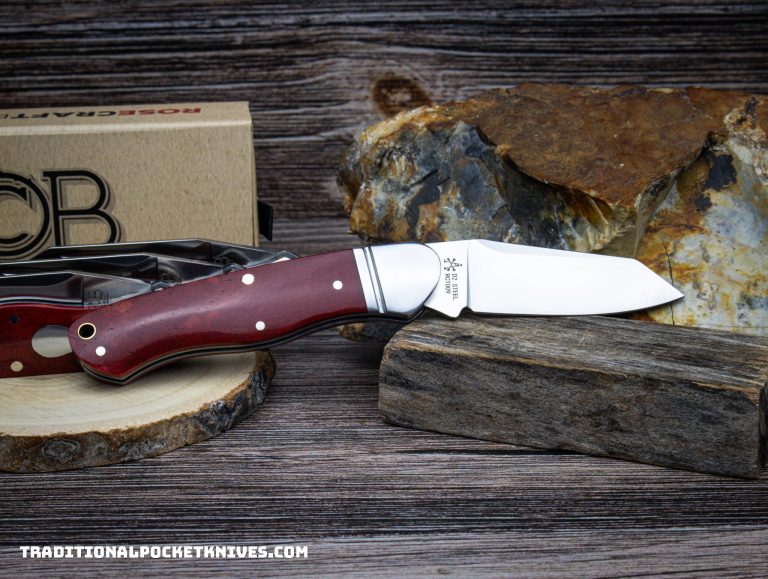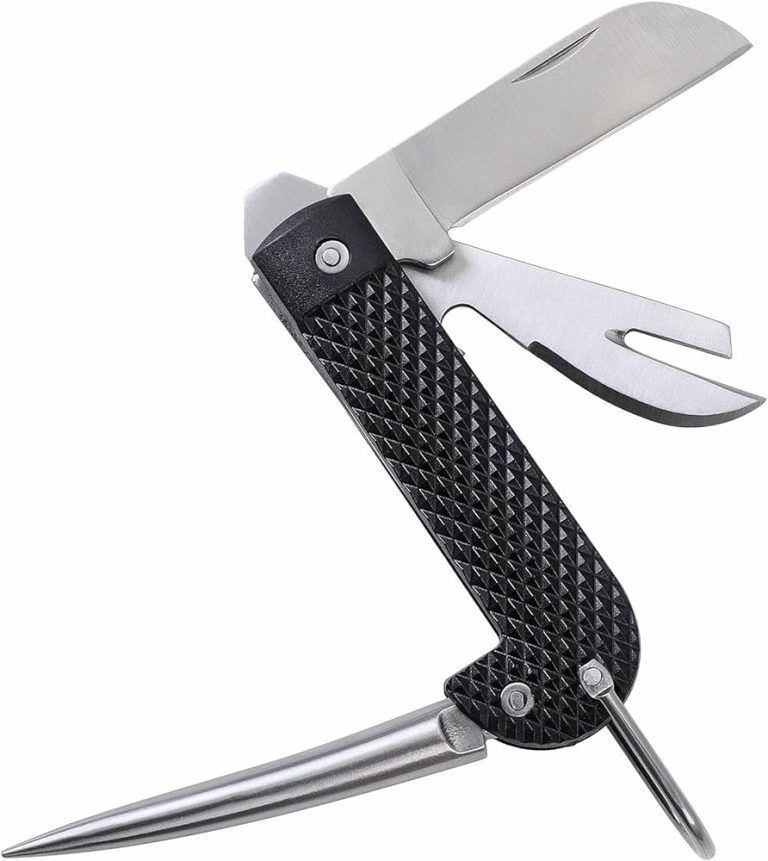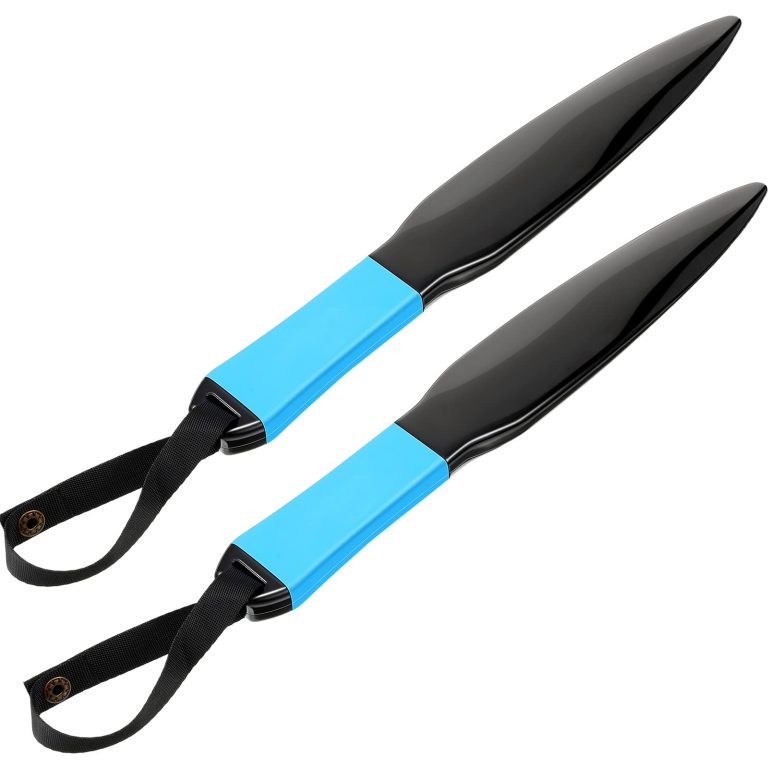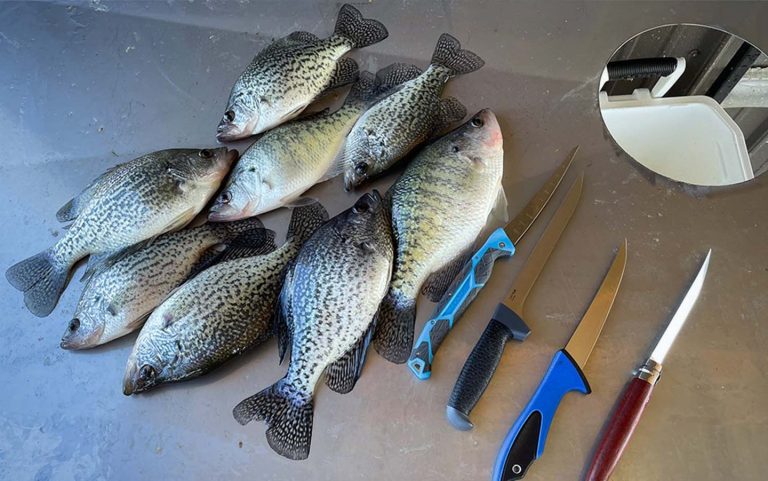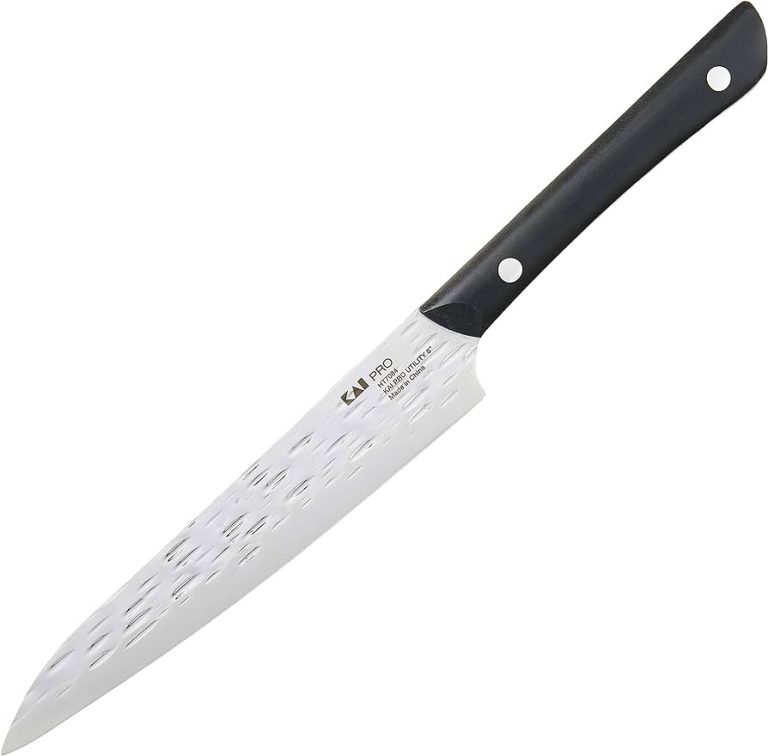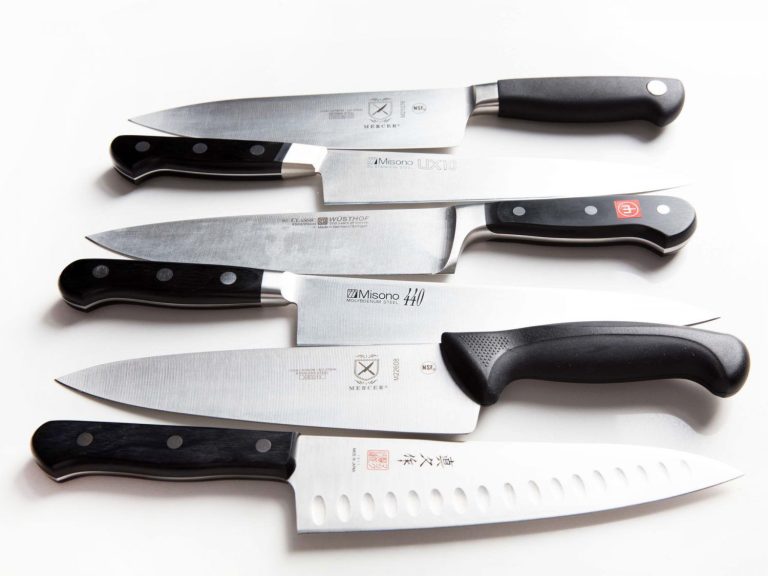Selecting a Hunting Knife for Bushcraft And Camping
Selecting a hunting knife for bushcraft and camping is essential for outdoor enthusiasts. To make the right choice, consider its durability, blade material, size, and handle grip.
A reliable hunting knife should fulfill the specific needs of bushcraft and camping activities, such as preparing food, building shelters, and processing wood. Additionally, it should be versatile, easy to carry, and comfortable to hold. By selecting a well-suited hunting knife, you can enhance your outdoor experience and ensure your safety and success in the wilderness.
So, let’s explore the factors to consider when choosing the perfect hunting knife for your bushcraft and camping adventures.
Factors To Consider When Selecting A Hunting Knife
Selecting the right hunting knife is crucial for bushcraft and camping. There are several factors to consider when making your decision. First, let’s look at the blade material. **Choosing a durable and high-quality blade material** such as stainless steel or carbon steel is important for longevity and performance. Next, consider the **blade design**. Different blade designs, such as drop point, clip point, or tanto, offer varying advantages for different tasks. The **handle material** is another significant aspect. Opt for a handle material that provides a secure grip, like rubber, textured synthetic, or wood. Pay attention to the **tang** as well, as a full tang (running the entire length of the handle) provides added strength and stability. Finally, consider the **size and weight**. Select a size and weight that feels comfortable and balanced in your hand. By considering these factors, you can find a hunting knife that meets your needs for bushcraft and camping adventures.
Essential Features To Look For In A Hunting Knife
Essential Features to Look for in a Hunting Knife:
|
Different Types Of Hunting Knives For Various Uses
Different Types of Hunting Knives for Various Uses:
When it comes to selecting a hunting knife for bushcraft and camping, it’s important to consider the different types available. Fixed blade knives are popular choices due to their durability and strength. The drop point style offers versatility in tasks such as precision cutting and dressing game. On the other hand, clip point knives are ideal for piercing and detail work. Skinning knives have a curved blade, specially designed for effortless skinning. Gut hook knives, commonly used by hunters, have a convenient hook at the spine for easy field dressing. Folding knives are compact and can be easily carried in your pocket. Keep in mind the locking mechanism of a folding knife for added safety. Multi-tool options provide additional features like screwdrivers and can come in handy in various situations.
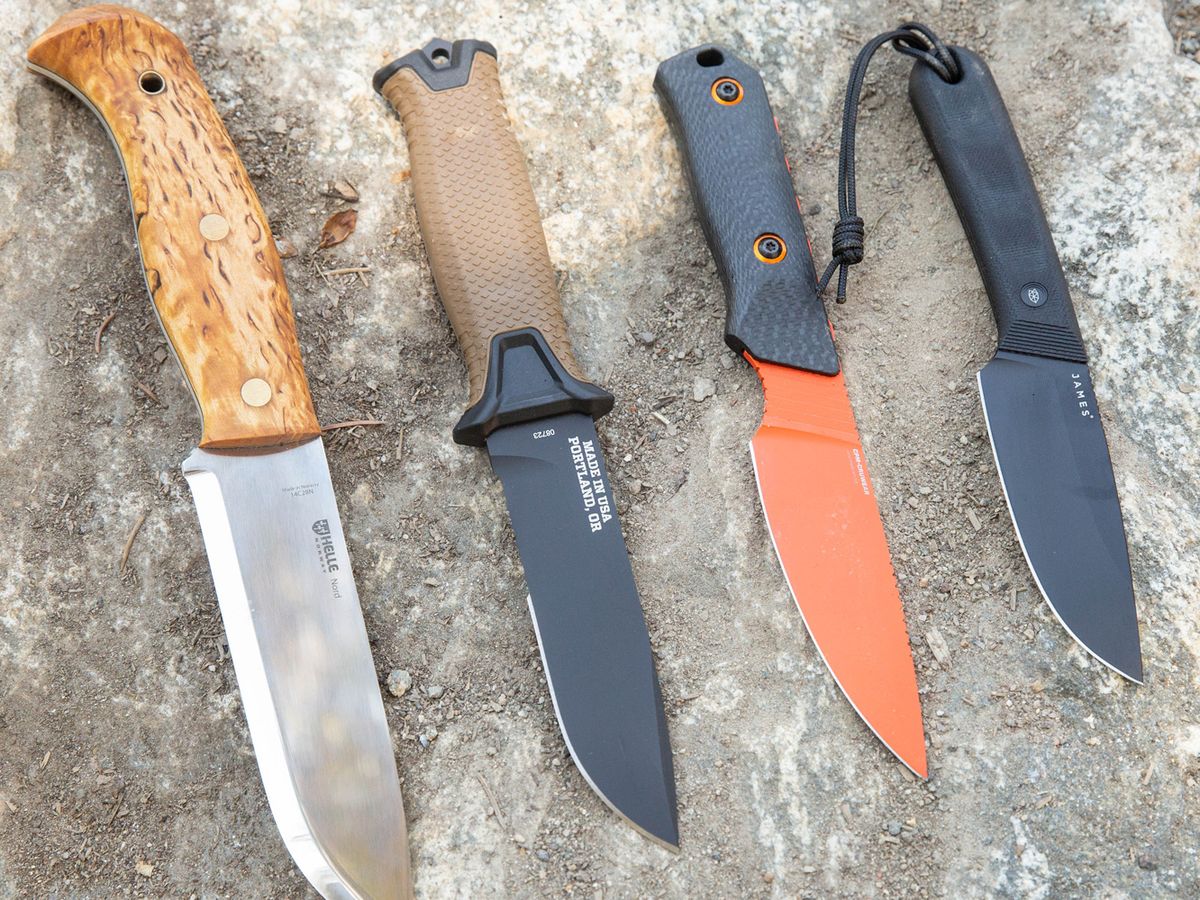
Credit: www.popularmechanics.com
Maintenance And Care Tips For Your Hunting Knife
Keeping your hunting knife in optimal condition is crucial for its longevity and performance. Regular cleaning and drying are essential to prevent corrosive buildup. After each use, wipe off any dirt, blood, or moisture using a clean cloth or paper towel. To ensure thorough cleaning, use a mild soap solution, gently scrubbing the blade and handle, and then rinse with warm water.
Sharpening your hunting knife is vital to maintain its cutting edge. Utilize a sharpening stone or a honing rod to remove any dullness or nicks on the blade. It’s advised to follow the manufacturer’s instructions or consult an expert for proper sharpening techniques.
Lubrication is essential for preventing rust and ensuring smooth operation. Apply a thin layer of knife oil or silicone lubricant to the blade and pivots, and then wipe off any excess oil. This will protect your knife from oxidation and keep it functioning properly.
Proper storage is crucial to avoid accidental damage and maintain the knife’s sharpness. Store your hunting knife in a secure sheath or a knife block to protect the blade and prevent injuries. It’s recommended to store your knife in a dry, cool place to avoid moisture buildup and potential rust formation.
Best Practices For Bushcraft And Camping Knife Safety
When selecting a hunting knife for bushcraft and camping, it is important to prioritize safety. Best practices for bushcraft and camping knife safety include correct handling and gripping techniques, safe storage and transport, and knife maintenance in the field.
Correct handling and gripping techniques are essential to prevent accidents while using a hunting knife. It is crucial to hold the knife firmly and maintain a secure grip to avoid slippage.
To ensure safety during transportation and storage, always use a sheath or knife cover to protect the blade and minimize the risk of injury. Properly securing the knife in a backpack or gear bag also reduces the likelihood of accidents.
Regular maintenance of the knife in the field is important to keep it in optimal condition. This includes sharpening the blade when necessary, lubricating the hinges, and cleaning off any debris or rust.
Choosing The Right Knife For Your Bushcraft And Camping Needs
When heading into the wilderness for wilderness survival, woodworking and carving, food preparation and cooking, emergency situations, or hunting and skinning, selecting the right hunting knife is crucial. A reliable knife serves multiple purposes, making it an essential tool for outdoor enthusiasts.
For wilderness survival, a sturdy and versatile knife is needed to build shelters, start fires, and create tools for hunting or fishing. Woodworking and carving enthusiasts require a knife with a sharp, manageable blade for intricate designs. When it comes to food preparation and cooking, a sharp and durable knife is essential for effortless slicing and chopping.
In emergency situations, having a reliable and multi-functional knife can be a life-saver. It can be used for cutting ropes, bandages, or even breaking glass. Additionally, when hunting and skinning, a knife with a strong and rigid blade is essential to efficiently dress the game and perform clean cuts.
When selecting a hunting knife for bushcraft and camping, consider the size and weight, blade material and design, handle comfort, and overall durability. Choose a knife that suits your specific needs and preferences to ensure a successful and safe outdoor experience.
Conclusion
Selecting the right hunting knife for bushcraft and camping is a crucial decision that can greatly impact your outdoor experience. The knife you choose should be durable, versatile, and suitable for various tasks such as cutting, slicing, and carving. It should also have a comfortable handle and a sheath for safe storage and transport.
Consider the blade material, its length, and the type of grind that suits your intended use. Additionally, the knife should offer good grip and be easy to handle in different weather conditions. As you evaluate different options, prioritize quality over cost to ensure you have a dependable tool for your wilderness expeditions.
By selecting a hunting knife that meets your specific needs, you can enhance your bushcraft and camping adventures while staying prepared for any situation that may arise.

